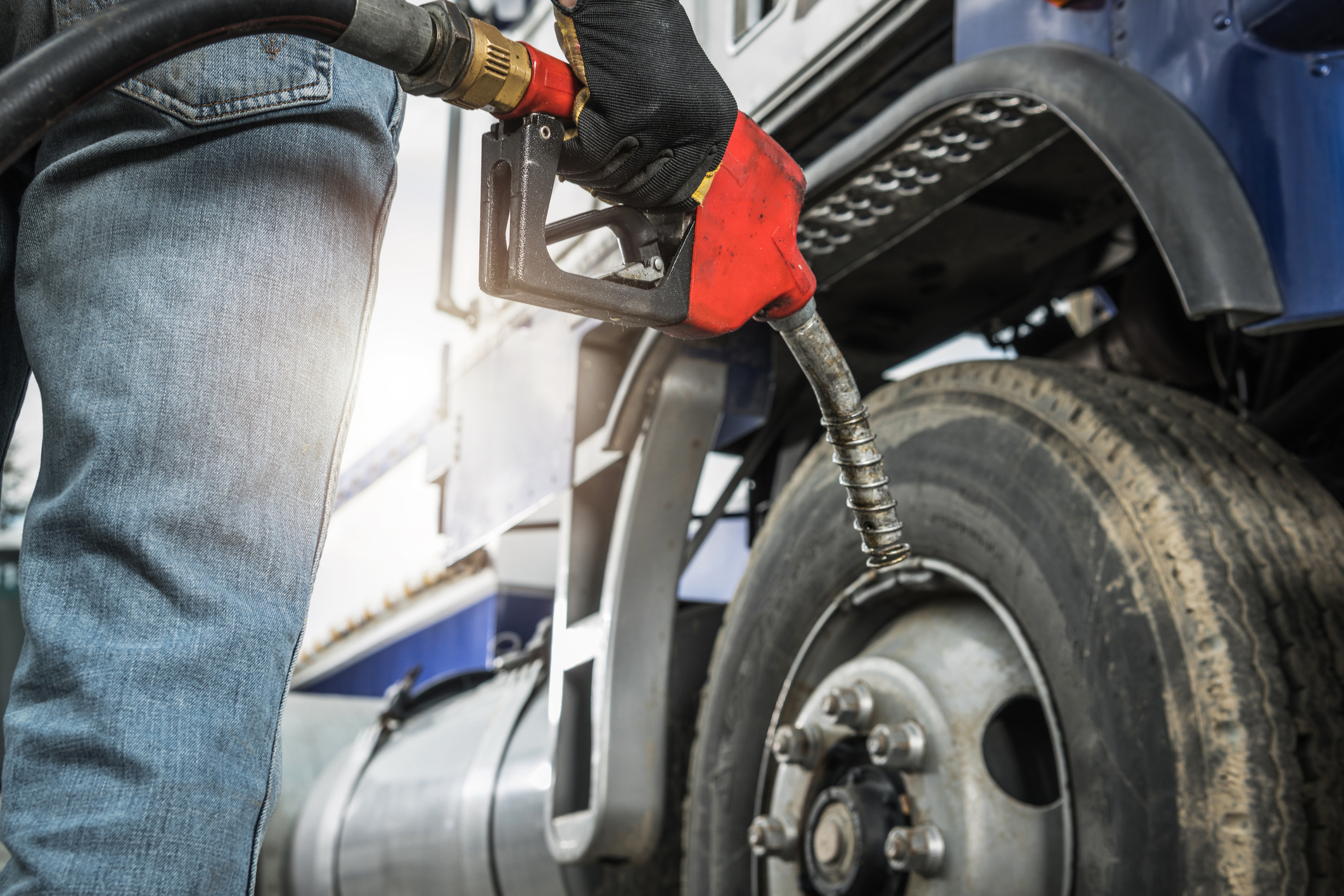6 Reasons to Use Fuel Card Data for More Effective Fleet Management

Effective fleet management involves identifying ways to improve productivity and efficiency while cutting costs. It isn’t easy, but a powerful business tool can make it easier: fleet fuel cards.
More than a payment method for fuel and maintenance services and for saving money at the pump, fuel cards provide fleet managers with a wealth of real-time data each time a card is used. With this transactional data, fleet managers gain valuable insights into their operations — insights that empower data-driven decisions that reduce costs and improve efficiency, performance, and productivity.
How can fleet operations benefit from collecting and analyzing data from fuel card transaction? Following is a “Top Six” list of advantages that can be key differentiators on the road to long-term success.
1. Detailed Expense Tracking and Control
When a driver uses a fuel card to make a purchase, detailed transaction data is captured, including:
- What was purchased
- Dollar amount
- Date and time of the purchase
- Fuel type purchased
- Volume
- Odometer reading
Using this transactional data, fleet managers can monitor spending in real time, identify spending patterns, detect anomalies, and use data analytics to establish controls that prevent card misuse.
2. Improved Budgeting
Real-time and accurate data from fuel cards enables precise budgeting and forecasting. With historical data, fleet managers can better predict future expenses, set realistic budgets, and allocate resources more effectively. The result is improved cash flow management, fewer unexpected costs, and financial stability.
3. Optimized Fuel Management
Fuel is one of the biggest expenses for fleets, accounting for as much as 60% of a fleet’s total operating budget. Fuel card data can help fleet managers gain better control over fuel management and costs.
By analyzing the data collected — amount purchased, price per gallon, odometer reading, and location — fleet managers can identify opportunities for savings and implement strategies that drive results. For example, fleet managers can know which drivers purchased fuel at higher-priced locations, identify vehicles with poor fuel efficiency, and determine if drivers are taking the most efficient routes.
4. Improved Maintenance and Repair Tracking
Maintenance and repair costs are climbing. With the data fuel cards provide, fleet managers can keep rising costs under control.
Fuel cards capture data on each maintenance transaction, including the type of service, parts used, and costs. Using this data, fleet managers can help improve uptime and avoid breakdowns by tracking a vehicle’s maintenance history and scheduling preventative maintenance more efficiently. They can also use the data to spot trends and common issues to make more informed decisions on vehicle replacement rather than relying on guesswork and assumptions.
5. Increased Accountability and Fraud Prevention
Fleet cards have built-in security features such as PIN protection and purchase controls. Since these features link to a specific driver or vehicle, there is greater accountability, which discourages fraud and unauthorized spending. Any irregularities or suspicious activity can be quickly found so that swift action can be taken.
6. Data-Driven Decision-Making
The wealth of data generated by fuel cards offers valuable insights that drive informed decision-making. Fleet managers can analyze trends, compare performance metrics, and benchmark against established industry standards against similar fleets. This data-driven management approach helps set performance targets, optimize routes, and improve efficiency. By leveraging data analytics, fleet managers can make strategic decisions that reduce costs and improve operations.
There’s no shortage of fuel card providers in the marketplace, each with various options, fees, and features. To get the greatest ROI, talk with fuel card providers to determine the fuel card that best fits your needs. Also, ensure the card has sufficient network coverage. If it’s difficult to find locations where you can use the card, it serves little value.
In today’s fleet management landscape, where data is king, collecting and analyzing fleet card data ensures more precise insights, which leads to more effective fleet management. Make sure the fuel card you choose has the features and benefits to provide the data you need.
Interested in learning more? Read this blog to explore how retail fuel cards can reduce costs.